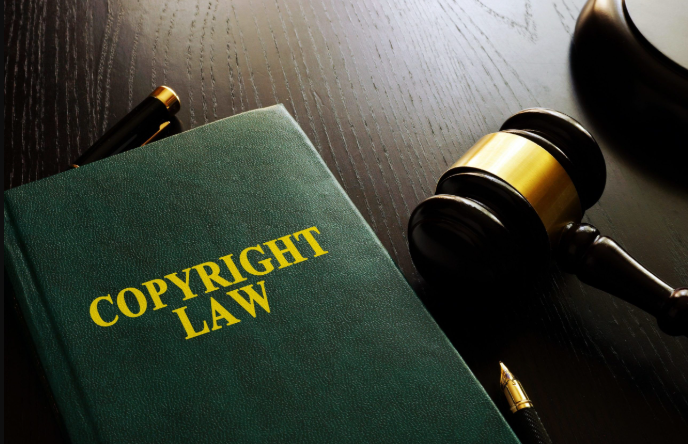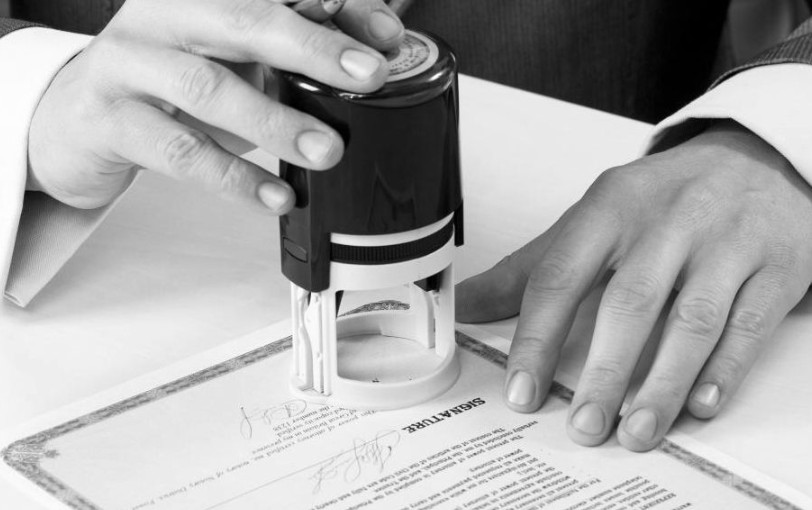
Creative professionals often assume that their work automatically belongs to them, but the reality can be much more complicated. Hidden clauses, verbal agreements, and employer contracts can strip creators of ownership without them realizing it. A copyrights lawyer can help uncover these legal pitfalls before artists, writers, and innovators unknowingly give away their rights.
Contracts That Quietly Transfer Your Copyright Without You Noticing
Contracts are supposed to protect both parties, but some are written in a way that quietly shifts ownership rights without the creator’s awareness. Many agreements include subtle language that transfers copyright as soon as the work is completed, leaving the original creator with little to no claim over their own material. Without legal expertise, these clauses can go unnoticed until it’s too late.
A copyrights lawyer near me can review these contracts before they’re signed, ensuring that creators retain the rights they expect. Whether it’s a publishing deal, a content production agreement, or a design contract, legal oversight can prevent costly mistakes. A copyright attorney understands how to negotiate terms that protect ownership while still allowing fair collaboration with clients and publishers.
Work-for-Hire Agreements That Strip Creators of Ownership Rights
Many freelancers and independent contractors sign work-for-hire agreements without fully understanding what they mean. Under U.S. copyright law, work-for-hire means that the company or individual commissioning the work automatically owns all rights to it, not the person who created it. This applies to everything from graphic design and photography to written content and coding.
For creatives who want to maintain control over their work, negotiating contract terms is essential. A copyright attorney near me can help adjust agreements to ensure that creators retain certain rights, such as licensing options or profit-sharing arrangements. Without legal advice, signing a work-for-hire contract could mean permanently giving up ownership with no recourse to reclaim it later.
Verbal Agreements vs. Written Contracts and Why It Matters in Court
A handshake or an email might seem like enough to confirm an agreement, but in legal disputes, verbal agreements hold far less weight than properly drafted contracts. Many creators believe they have an understanding with a client or employer, only to find out later that nothing was legally binding. Without written proof, ownership rights can be contested, leading to lengthy and expensive legal battles.
A copyright attorney ensures that contracts are clear, enforceable, and aligned with copyright laws. Having a formal agreement in place not only secures ownership but also protects against unexpected claims from others. Even a simple contract outlining project terms, payment, and copyright ownership can prevent misunderstandings that could otherwise end up in court.
Licensing Deals That Seem Fair but Give Away More Than You Think
Licensing agreements allow creators to monetize their work while maintaining ownership, but the terms can sometimes be deceptive. Some contracts give licensees more control than originally intended, allowing them to sublicense, modify, or even claim partial ownership of the work. These hidden details can significantly impact a creator’s ability to profit from their own material.
Working with a copyright attorney near me ensures that licensing deals are structured to benefit the creator rather than the licensee. Properly written agreements set limits on how work can be used, preventing situations where a creator unknowingly hands over too much control. With legal oversight, licensing deals can generate long-term revenue without sacrificing ownership rights.
Collaborative Projects and the Hidden Fight Over Who Owns What
When multiple people contribute to a project, ownership rights can quickly become unclear. Without a formal agreement, disputes over intellectual property can arise, especially when a project becomes commercially successful. Whether it’s a co-written book, a co-produced film, or a startup’s software, determining who holds the copyright is often more complicated than it seems.
A copyrights lawyer helps define ownership stakes before conflicts arise. By outlining contributions, usage rights, and revenue-sharing terms in a contract, creators can avoid legal battles down the line. Establishing clear guidelines from the start prevents misunderstandings and ensures that each party receives proper recognition and compensation.
How Employers Can Claim Rights to Your Work Even Outside the Office
Many employees assume that anything they create on their own time belongs to them, but some employment contracts state otherwise. Certain agreements include intellectual property clauses that grant employers rights to work created outside of business hours, especially if it’s related to the company’s industry. This means an employee’s side project, invention, or creative work could legally belong to their employer.
A copyright attorney reviews employment contracts to identify these hidden clauses before signing. Understanding these terms can help employees negotiate better agreements or take necessary precautions to retain control over their own creative output. Without legal guidance, an employer could end up owning work that was never meant to be part of their business.
The Fine Print in Publishing and Distribution Agreements That Creators Overlook
Publishing and distribution deals often seem straightforward, but the fine print can contain terms that drastically impact a creator’s control over their work. Some agreements grant publishers exclusive rights indefinitely, limit an author’s ability to publish elsewhere, or allow distributors to make changes to the original work without permission.
A copyrights lawyer near me can review these contracts to ensure fair terms for the creator. Whether it’s a book deal, music distribution, or film rights agreement, a copyright attorney helps negotiate clauses that protect creative control and future earnings. Overlooking these details can lead to lost profits and restricted artistic freedom, making legal advice essential before signing any deal.




